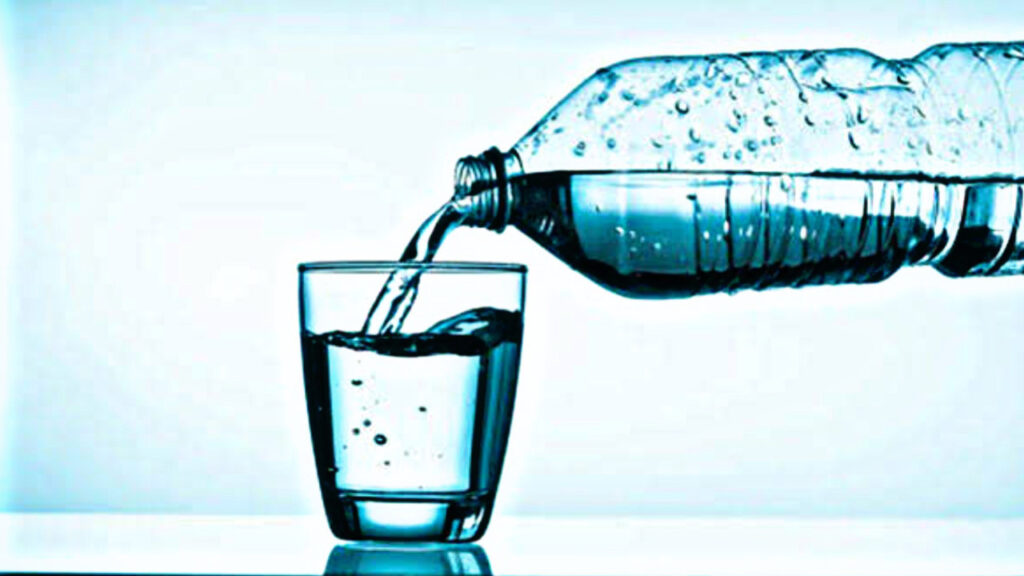Health
Water is an essential element for human survival, making up about 60% of our body weight. From regulating body temperature to aiding digestion, water is involved in almost every vital function. But how much water should you drink every day? The answer depends on various factors, including age, activity level, and overall health. Let’s explore the water requirements for different age groups.

Infants and Toddlers (0-2 Years)
For babies, water intake is largely dependent on breast milk or formula in the first few months of life. Newborns and infants under six months typically get all the hydration they need from breast milk or formula, which consists of 80% water. For infants older than six months, small amounts of water can be introduced, but their primary hydration still comes from milk.
As toddlers grow, their water intake gradually increases. On average, children aged 1-3 years should drink about 4 cups (32 ounces) of water per day.
Children (4-8 Years)
As children grow, their water needs also increase. At this stage, their body size and activity levels tend to require more hydration. Children between the ages of 4 and 8 should aim for approximately 5 cups (40 ounces) of water daily.
Children and Adolescents (9-18 Years)
Adolescents need even more water due to increased physical activity, growth, and metabolic demands. The recommended daily intake varies slightly between boys and girls.
- Boys (9-13 years): Around 7-8 cups (56-64 ounces) of water daily.
- Girls (9-13 years): About 7 cups (56 ounces) per day.
- Boys (14-18 years): Around 8-11 cups (64-88 ounces) per day.
- Girls (14-18 years): Around 8 cups (64 ounces) daily.
During periods of intense physical activity, such as sports, their hydration needs will increase.

Adults (19-50 Years)
For adults, the general rule is to consume 8 cups (64 ounces) of water per day. However, this is a minimum estimate and may not apply to everyone. Several factors influence an adult’s daily hydration needs, such as activity level, climate, and diet. For example, individuals who engage in regular physical activity or live in hot climates may need more than 64 ounces of water each day.
It’s also important to note that foods like fruits, vegetables, and soups contribute to your daily water intake. Adults with sedentary lifestyles or lower body weights may require slightly less, while those who are physically active or have larger body masses will need more.
Older Adults (50+ Years)
As people age, the body’s ability to retain water decreases. Older adults are also at a higher risk of dehydration because they may not feel thirsty as often, and some medical conditions or medications can affect hydration. For adults over 50, the recommendation is 8-10 cups (64-80 ounces) of water daily, depending on health, activity levels, and body size.
Special Considerations
Pregnant and breastfeeding women have increased hydration needs. Pregnant women should aim for around 10 cups (80 ounces) of water per day, while breastfeeding mothers should consume about 12 cups (96 ounces) daily to ensure adequate milk production and maintain hydration.
Hydration needs vary from person to person, but water is vital at every stage of life. While there’s no one-size-fits-all rule for daily water intake, understanding the general guidelines for different age groups can help ensure that you are consuming the appropriate amount of fluids. Remember to listen to your body’s thirst signals and drink more water when engaging in physical activities or experiencing high heat.





